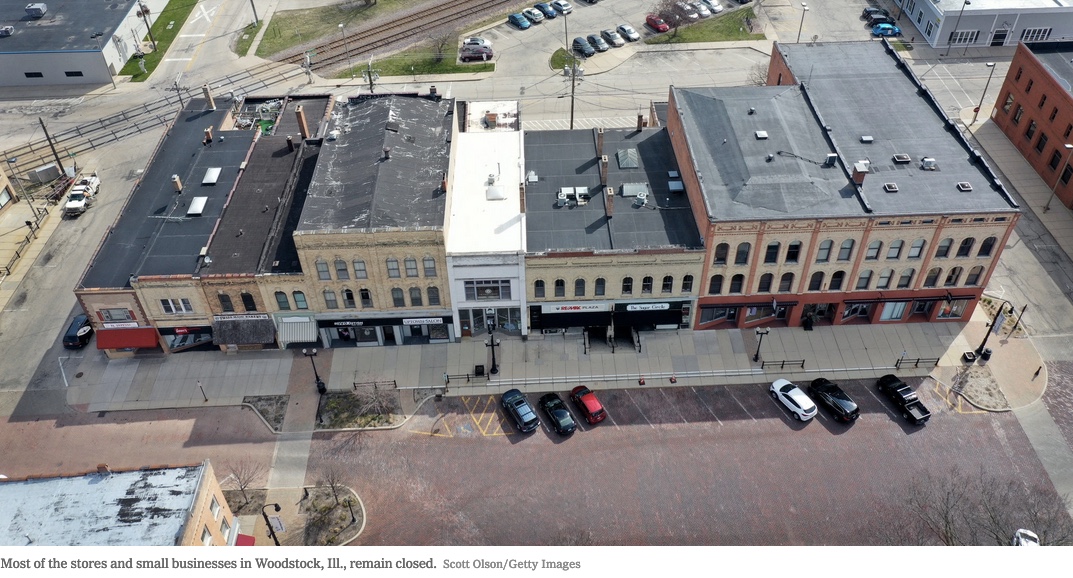A company in Georgia paid $6.5 million to resolve a Justice Department investigation — and, two weeks later, received a $10 million federally backed loan to help it survive the coronavirus crisis.
Another company, AutoWeb, disclosed last week that it had paid its chief executive $1.7 million in 2019 — a week after it received $1.4 million from the same loan program.
And Intellinetics, a software company in Ohio, got $838,700 from the government program — and then agreed, the following week, to spend at least $300,000 to purchase a rival firm.
The vast economic rescue package that President Trump signed into law last month included $349 billion in low-interest loans for small businesses. The so-called Paycheck Protection Program was supposed to help prevent small companies — generally those with fewer than 500 employees in the United States — from capsizing as the economy sinks into what looks like a severe recession.
The loan program was meant for companies that could no longer finance themselves through traditional means, like raising money in the markets or borrowing from banks under existing credit lines. The law required that the federal money — which comes at a low 1 percent interest rate and in some cases doesn’t need to be paid back — be spent on things like payroll or rent.
But the program has been riddled with problems. Within days of its start, its money ran out, prompting Congress to approve an additional $310 billion in funding that will open for applications on Monday. Countless small businesses were shut out, even as a number of large companies received millions of dollars in aid.




